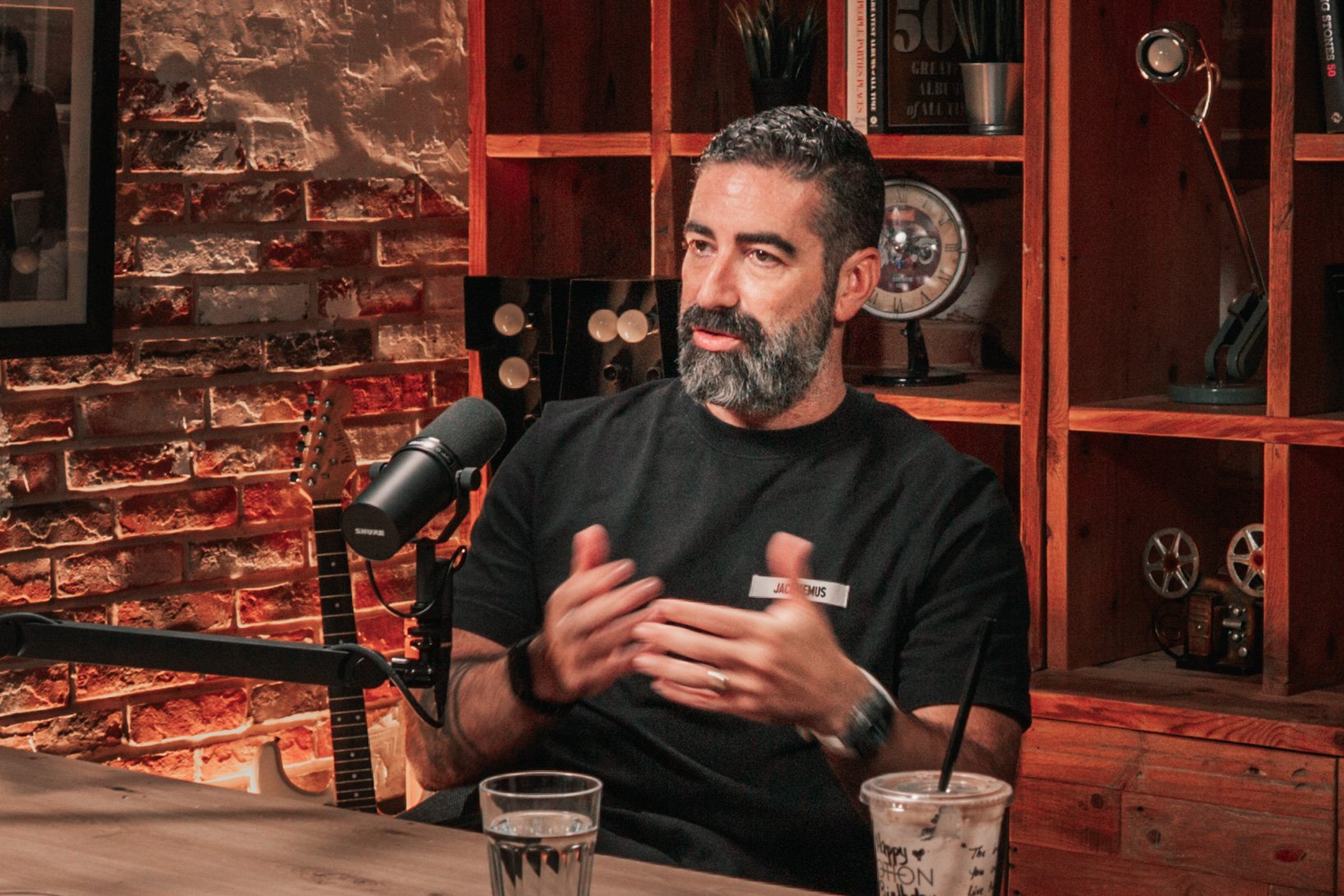David Balfour
The landscape of brand experiences in Dubai and the wider MENA region has undergone a remarkable transformation over the past two decades. At the forefront of this evolution stands David Balfour, co-founder of Light Blue, whose journey from Scotland to becoming one of the most influential voices in experiential marketing offers valuable insights into how brands can create meaningful connections with consumers in an increasingly digital world.
Before the term "experiential marketing" became commonplace in agency parlance, Balfour was cultivating his expertise in events and sponsorship in the UK. Working with brands like Tennant's Lager, he developed a deep understanding of how to connect consumers with brands through immersive experiences. His move to Dubai, initially planned as a two-year stint that has now extended to over two decades, coincided with a significant shift in how brands approached consumer engagement. The traditional model of pushing media, digital, and radio was giving way to something more tactile and emotional - experiences that could be felt, not just seen.
This fundamental shift in marketing philosophy underpins Light Blue's approach to brand experiences. Balfour emphasizes that emotion is their metric, an unconventional stance in an industry often obsessed with quantifiable data points. "When you go to a concert and you meet your partner for the first time, that's emotion, that's a story, that's a moment that you'll never forget," he explains. This perspective challenges brands to think beyond traditional KPIs and consider how their activations make people feel, what stories they create, and what memories they leave behind.
The integration of content creation with live experiences represents another significant evolution in the experiential landscape. Light Blue pioneered this approach in the Dubai market, ensuring that physical activations were complemented by compelling content that extended their reach and impact. This marriage of physical experiences with digital content has become increasingly important, especially in a post-pandemic world where digital engagement has accelerated dramatically.
Perhaps the most compelling insight from Balfour's experience is the power of creative bravery in driving meaningful brand engagement. From throwing people off the Burj Khalifa for PlayStation 5 to having the "French Spider-Man" climb the iconic structure for Mashreq, these bold activations created powerful brand moments that resonated far beyond their immediate audience. However, Balfour is quick to emphasize that these stunts must serve a strategic purpose - they need to connect with brand essence and consumer desires, not just create spectacle for spectacle's sake.
The nature of client relationships has also evolved significantly during Balfour's tenure in Dubai. The market has become more transient, with marketing directors and brand managers rotating at an unprecedented rate. This has forced agencies to adapt how they maintain continuity and strategic alignment. Simultaneously, procurement's growing influence has shifted the emphasis toward competitive pricing, sometimes at the expense of strategic partnership. Light Blue's response has been to become more selective about clients, focusing on building deeper relationships with brands that value strategic partnership over transactional engagements.
Looking to the future, Balfour's perspective aligns with Mark Cuban's prediction that as AI makes it increasingly difficult to distinguish between what's real and what's fabricated, there will be "an explosion of face-to-face engagement, events and jobs." While AI offers efficiency gains in content creation, the human desire for authentic experiences remains undiminished. In fact, Balfour has observed a significant shift toward more intimate, curated brand experiences rather than large-scale activations - a trend accelerated by Dubai's rapidly expanding population of affluent consumers seeking exclusive engagements.
For the next generation of experiential marketers, Balfour emphasizes the importance of work ethic and appreciating the craft behind seamless experiences. Behind every Instagram-worthy moment lies countless hours of planning, problem-solving, and on-site execution. The ability to savor those moments of achievement - to "stand back, be proud of what you've done" - remains essential to sustaining a career in this demanding but rewarding field.
As Light Blue expands to London, bringing its unique approach to a market often perceived as saturated, Balfour's vision remains centered on changing narratives through brave, emotionally resonant experiences. In a world increasingly mediated by screens and algorithms, the ability to create moments that people can feel, remember, and share represents not just good marketing, but a profound human connection.







